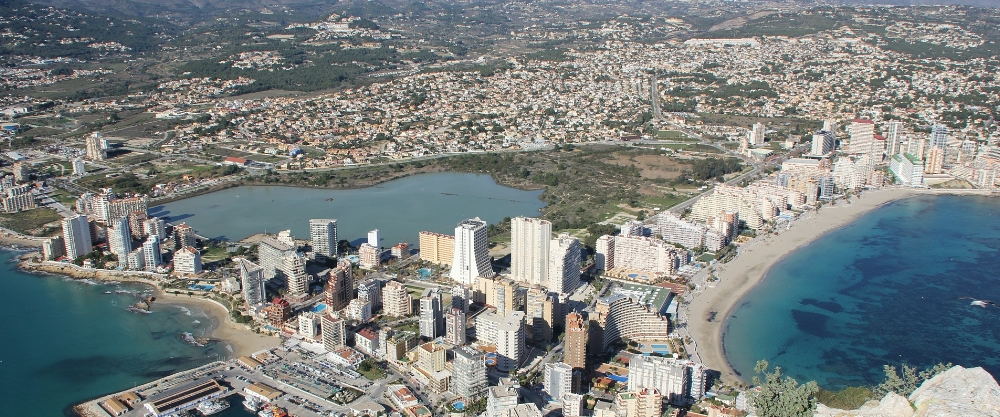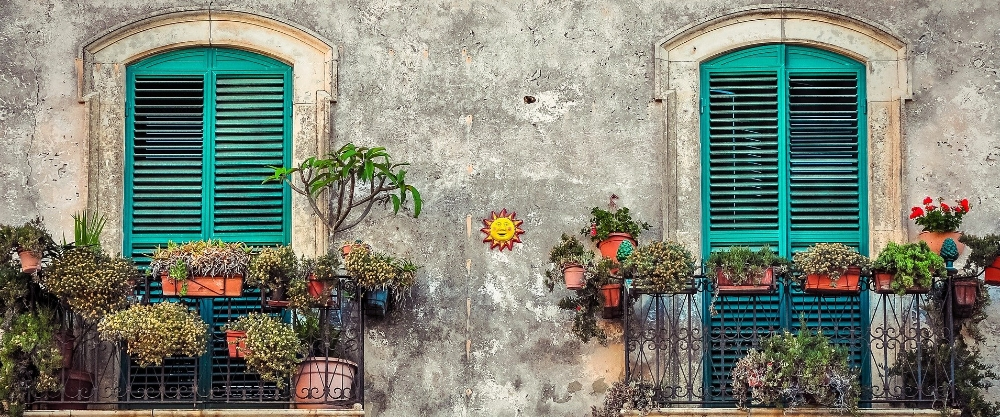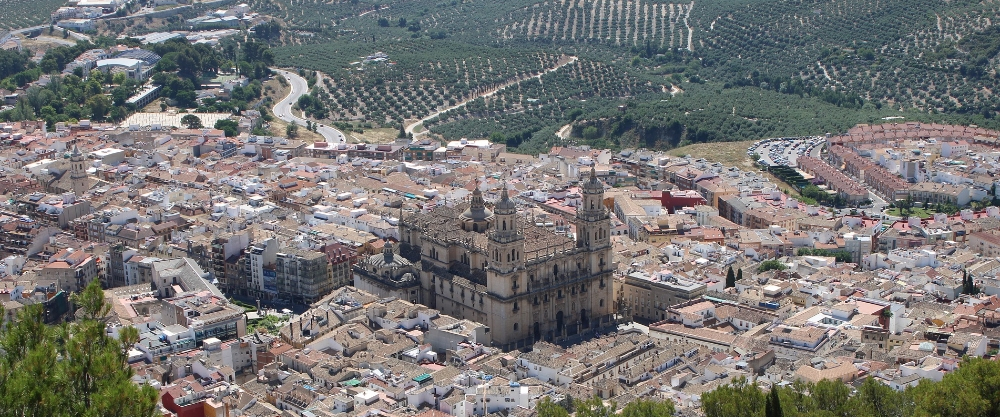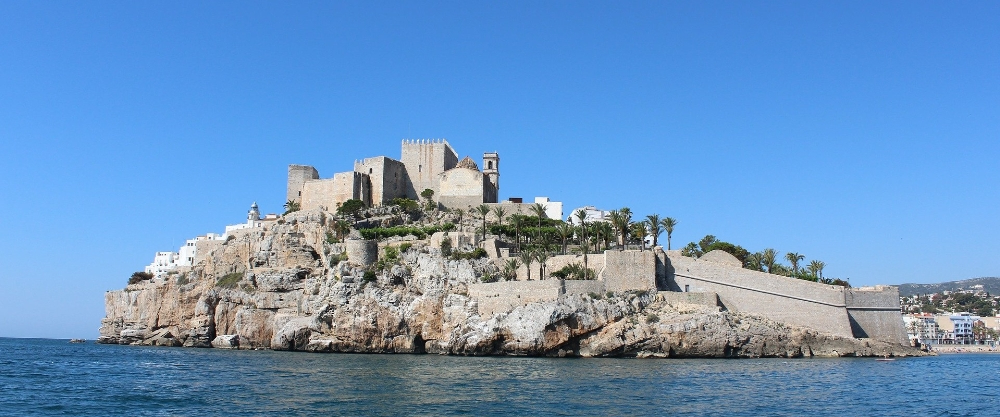
Erasmus in Valencia
Information and tips for Erasmus students in Valencia
| Private rooms Valencia | 7879 | 510/month |
| Residences Valencia | 38 | 900/month |
| Studios Valencia | 298 | 1107/month |
| Apartments Valencia | 1483 | 1774/month |
Valencia is one of the European cities that receives the most students from all over the world. Why do Erasmus in Valencia? We could say that this city has it all, with incredible beaches (such as Malvarrosa), some of the best food in the country (with the best paella in Spain) and a perfect Mediterranean climate. And in this article we'll tell you more reasons why!
Cost of living in Valencia, Spain
Valencia, apart from being one of the favourite cities for Erasmus students, is one of the most expensive in Spain. The monthly cost for one person is on average €700-€900.
Accommodation will be a big part of your monthly expenses, and it always depends on the type of accommodation you choose. For example, renting an entire flat costs between €1,000 and €1,500, while a room in a flat costs between €300-€400 and living in a residence costs between €600-€700 per month.
Here you can find all the information about student accommodation in Valencia.
Prices for transport in Valencia are very similar to those in other cities in Spain. A single ticket for bus, train and metro is €2. There is also a monthly bus pass for young people that costs €25. Also, you can get the TuiN Jove card, which offers a 15% discount per journey on FGV and Metrovalencia.
Student life, Erasmus parties and leisure in Valencia
Valencia is full of leisure options day and night, and the student atmosphere is incredible!
Here we recommend a series of possible plans that might interest you:
- Spending the day at the beach, such as Malvarrosa Beach. If you're looking for something quieter, La Patacona Beach offers a relaxed atmosphere.
- Have a drink in a bar with friends. For example, some tapas in the bar Tanto Monta or in La Blasca.
- Have an ice-cream on a terrace. For example, La Romana ice-cream parlour is famous for its artisan flavours.
- Take one of the many excursions Valencia has to offer, visiting the Ciudad de las Artes y las Ciencias or going to the Albufera to enjoy a boat ride on the lagoon.
- Dine at one of the numerous restaurants, such as the Alenar. Or if you prefer the paella, you can take away portions for €4 at Paellas Velarte.
- Party in the incredible nightclubs that you can find in Valencia. For example, MYA, near Ciudad de las Artes, offers electronic music while Akuarela Playa, has more commercial music.
Culture and gastronomy in Valencia, Spain
Known for its architecture, from the Ciudad de las Artes y las Ciencias to its old town with the Cathedral and the Central Market (Mercado Central), Valencia is also known for its unique festivities, such as the Fallas, declared as a World Heritage Site. For major cultural places, such as the City of Arts and Sciences, student discounts are available.
As in most cities in Spain, gastronomy is one of the great attractions of Valencia. In addition to the famous ‘paella’, it’s known by traditional dishes based on seafood and fish from the Mediterranean coast, and by the immense variety of its cultivated area. The most recommended and exquisite dishes are the following:
- ‘Paella valenciana’: typical rice dish cooked with chicken, rabbit, green beans, ‘garrofón’ (a type of bean) and saffron.
- ‘Horchata’: sweet and refreshing drink made from ‘chufa’ (a typical tuber of the region). It’s usually eaten with ‘fartons’ (long buns).
- ‘Fideuá’: similar to paella, but made with noodles instead of rice, served with seafood.
- ‘Olla valenciana’: traditional stew with meat, pulses, vegetables and cold meat.
- ‘Esgarraet’: cold salad of roasted red peppers, crumbled cod, garlic and olive oil.
- ‘Aspencat’: similar to ‘esgarraet’, but with aubergine and roasted peppers, typical as a side dish or ‘tapa’.
- ‘Buñuelos de calabaza’: fried dessert, soft and spongy, made with pumpkin puree and very popular during the Fallas.
- ‘All i pebre’: eel stew with potatoes, garlic (‘all’) sauce and paprika (‘pebre’), typical of the Albufera.
You can taste them in restaurants such as Cantina de Ruzafa, Alenar or Voltereta.
Advantages and disadvantages of doing Erasmus in Valencia
Doing an Erasmus in the Spanish city has many pros, but also some cons that are good to consider.
Advantages
- Good climate all year round, ideal for enjoying its beaches and green spaces.
- Easy to find accommodation.
- One of the best gastronomies in the country, you have to try dishes like ‘paella valenciana’ and ‘fideuá’!
- Numerous public transport.
- It oozes culture, from traditions to architecture, with Las Fallas or the Ciudad de las Artes y las Ciencias.
- Valencia is full of partying and entertainment. You're sure to go to Avenida de Blasco Ibáñez during your exchange!
- Its connection with the rest of the cities is impressive. You can reach other cities such as Zaragoza, Barcelona, Madrid or Alicante in just a few hours.
Disadvantages
- High prices in tourist areas.
- Very hot summers.
- Crowds of tourists in high season and events such as Las Fallas.
- Night-time public transport is limited in some areas.
- Noise in leisure areas such as Barrio del Carmen or Malvarrosa.
- High humidity due to the proximity to the sea.
Cheap student accommodation in Valencia, Spain
Do you need accommodation in Valencia and don't know how to find it? In Erasmus Play you can find the best flats, rooms and residences for students in Valencia.
FAQ about doing Erasmus in Valencia
How much does it cost to live in Valencia as a student?
The cost of living in Valencia can be around €700-€900 per month, including budget accommodation, transport, food, and assuming standard leisure expenses.
What is student life like in Valencia?
You can spend the day on the beach (such as at Malvarrosa Beach), have a drink in a bar with friends (tapas at Tanto Monta or at Blasca) or eat an ice cream on a terrace, such as La Romana ice cream parlour, famous for its homemade flavours.
How much does student accommodation cost in Valencia?
It depends on the area and the type of accommodation. The most recommended are the student neighbourhoods such as Benimaclet or Algirós, where a room can cost around €400-€700 per month.
How much is the Erasmus scholarship to study in Valencia?
The amount of the Erasmus scholarship varies according to your home country and the policies of your University. We recommend you to check with your institution.
What's transport like in Valencia for students?
Valencia is a very accessible city for students. Public transport is efficient and inexpensive. In addition, many places of interest and student neighbourhoods are within walking distance, so walking is also a good option. Another option is to use the Valenbisi service, the public bicycles that have stations all over the city.



